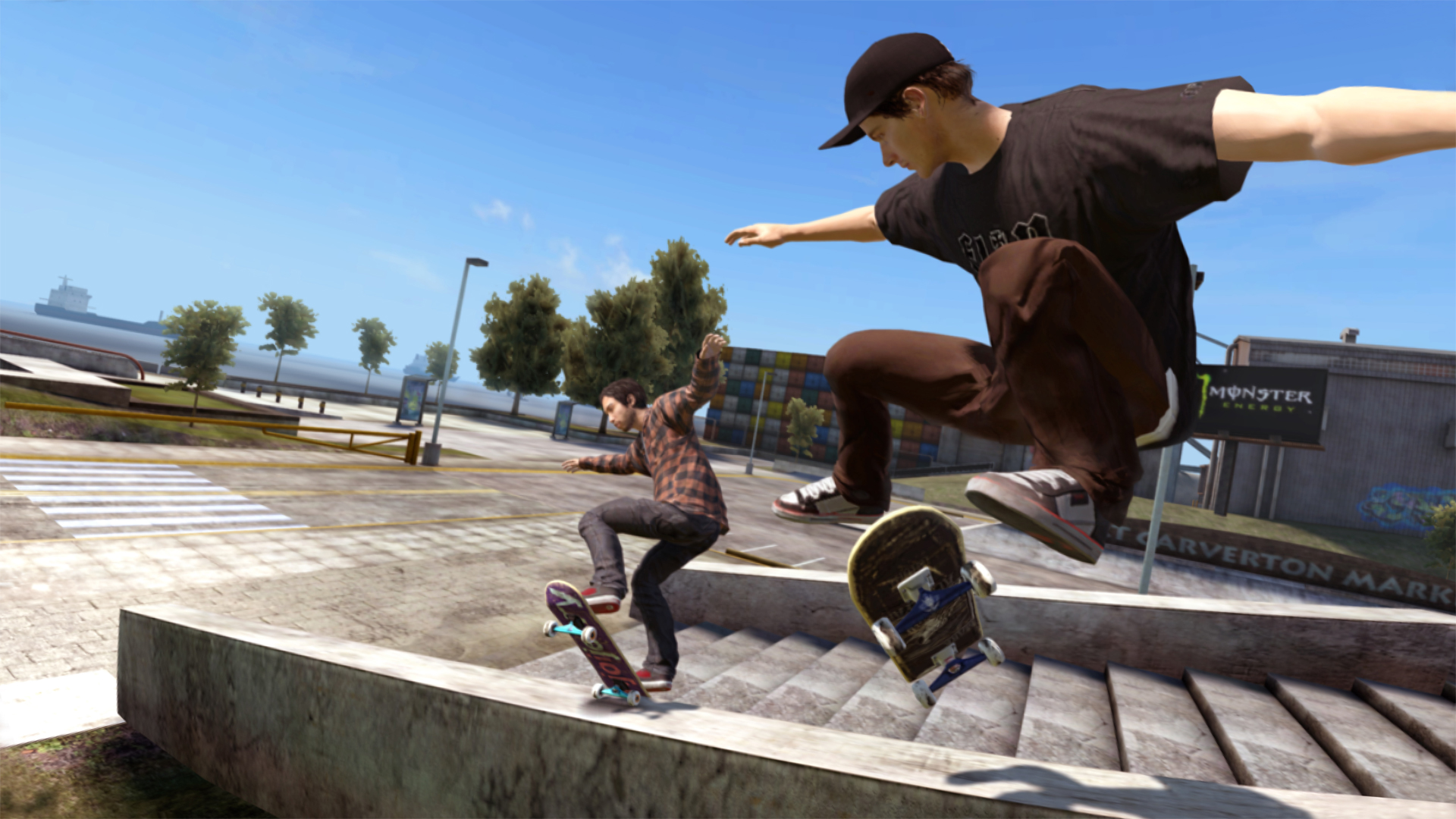
With each passing year, the absence of Skate 4 becomes a little more pronounced. It would be funny if it weren't so actively absurd. And listen, I get it; EA is sat on plenty of inactive intellectual properties and, given that we are on the eve of the next generation, some of them just aren't going to make the cut. There's the likes of Burnout and Black, Knights of the Old Republic, Medal of Honor, SSX, and Ultima... look, to be perfectly honest with you, the full list of industry-shaping and generation-defining franchises EA has gathering dust in a vault somewhere in Redwood, California makes for exhaustive reading.
And sure, if you look at the situation objectively there sure does seem to be a pretty solid argument to be made against the legendary skating game series making a return. EA Black Box folded in 2013, the majority of the studio's staff – the people working behind the pixels to make the Skate games what they were – are scattered to the winds. A lot has changed in this industry in the nine years since Skate 3 skitched onto the scene in 2010, too. Because, let's be honest, is a skateboarding game really a commercially viable prospect in 2020?
The funny thing is, if you take a particular perspective of Skate as a broad concept, there is an argument to be made that there's never been a better time for the series to make a return. Would it mean for some changes? Of course, but if it means that we can once again road trip it back down to sunny San Vanelona city, then I'm all for it. Let's get into it, shall we?
Skating as a Service
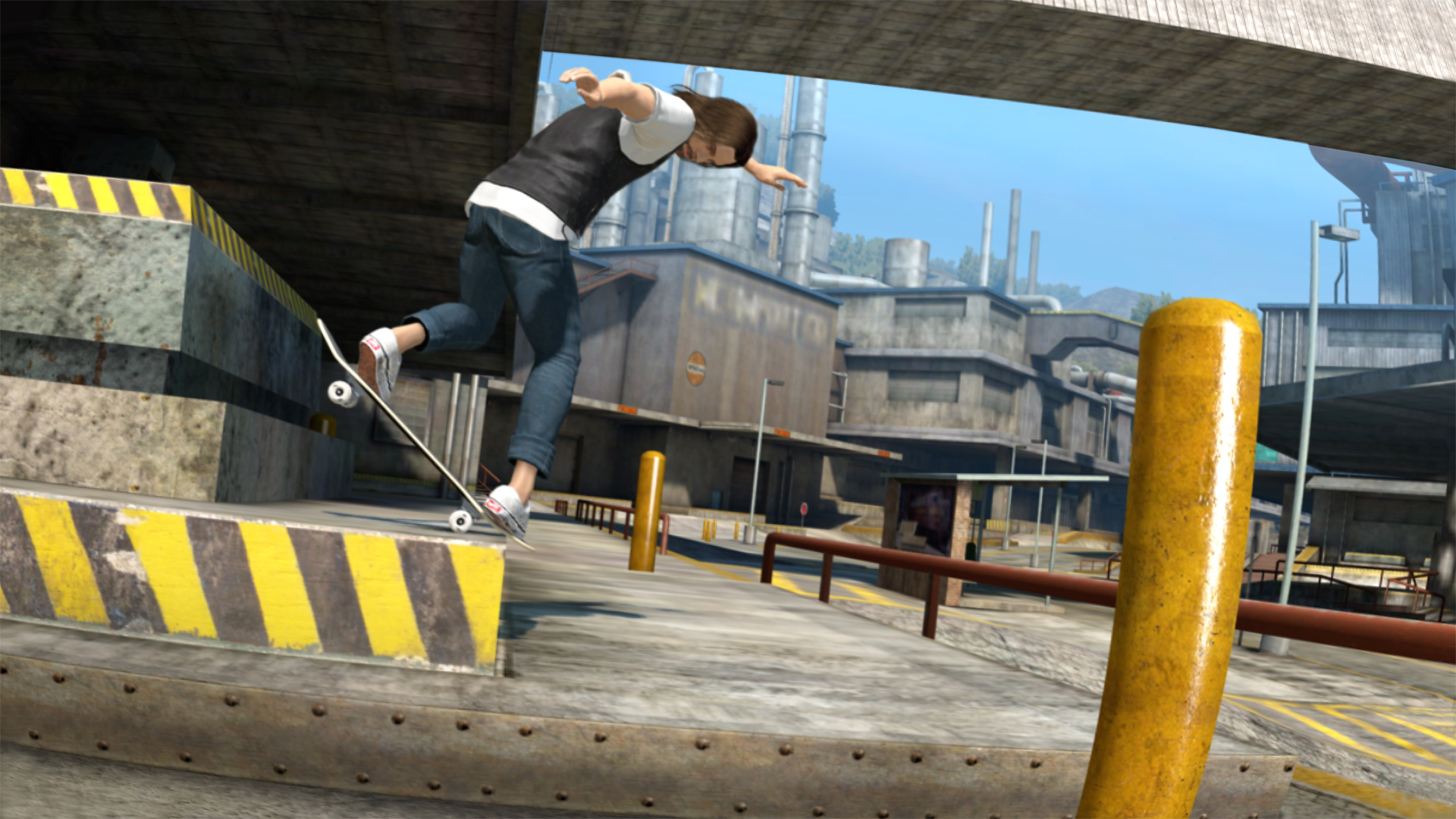
When it comes to all things EA, the following truth bears repeating: the publisher isn't going to invest resources into production that doesn't include some variation of a Games as a Service model as its foundation. And before you start throwing Star Wars Jedi: Fallen Order in my face, it's worth remembering that the upcoming single-player only game was put into production before EA purchased developer Respawn Entertainment, and long before the company took steps to centralise all of its development initiatives around the Frostbite engine and live-service initiatives. It's an outlier, the likes of which we may not see again from EA for quite some time. All of this means that Skate 4 will have to be developed as a live-service accordingly.
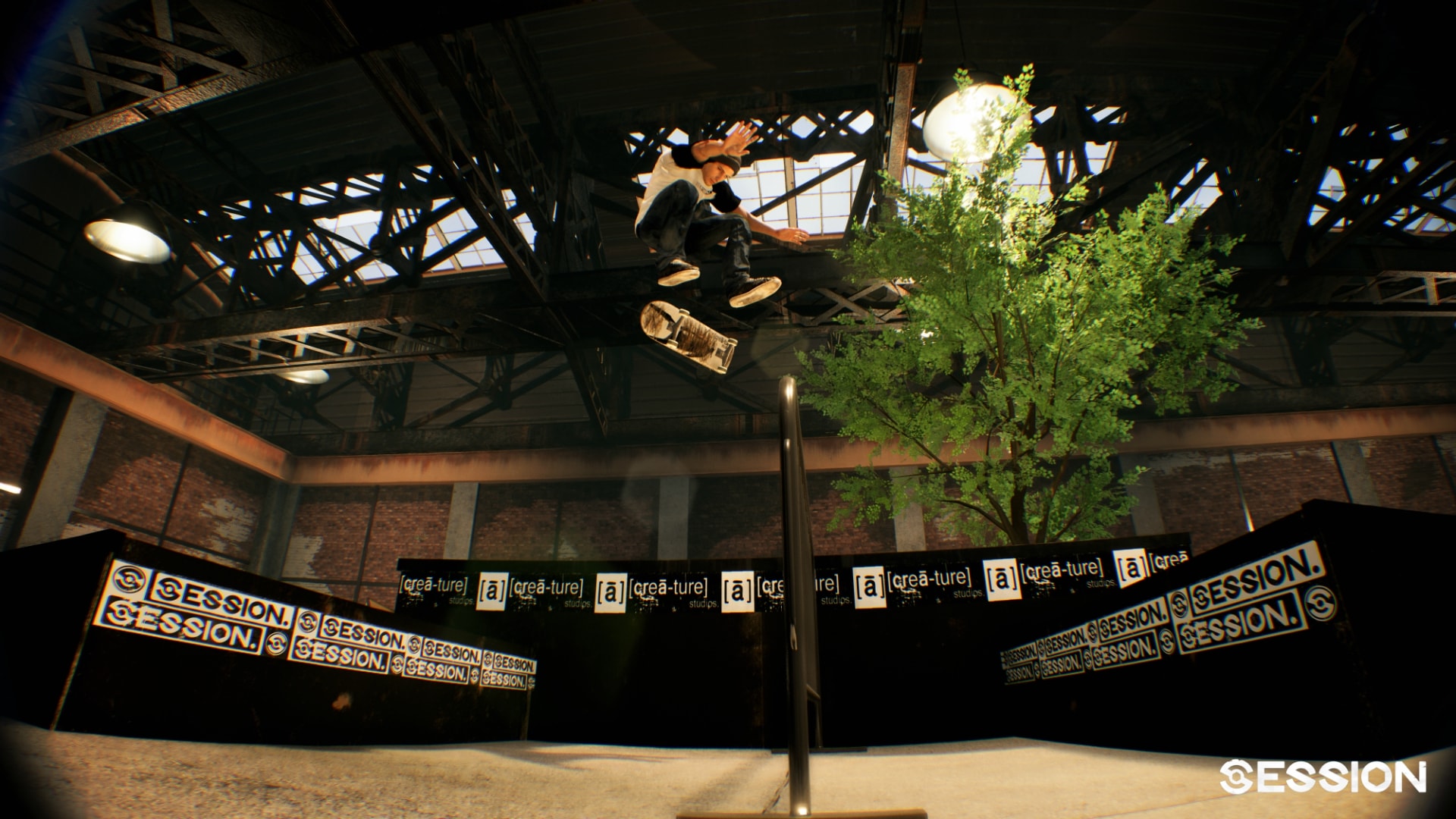
Sick of waiting for Skate 4? Then you should check out Session, the series' spiritual successor.
"But why?" you might ask, struggling to hold back the tears. It's because EA has grown from being worth around $5 billion to approximately $40 billion in the nine years since Skate 3 released, primarily due to the cash it’s raking in through microtransactions and Games as a Service models from its core sports, shooter and mobile franchises. For Skate to be resurrected, then, one of EA's internal studios will need to find a way to leverage the game's core themes, ethos, and style around an always-online network structure. However, this could actually work in Skate 4's favour.
Skateboarding is, inherently, a socially democratic enterprise. It's a clash of subcultures moving in unison to a swaggering beat blasting from a busted boombox. It's individuals from all walks of life forming up around a D-I-Y punk ethos, with cities transforming into playgrounds where all persons are encouraged to participate, construct styles, and express themselves freely without fear or trepidation; to skate is to rebel without reprimand. Skating brings people together, and Skate is practically purpose-built for a socially driven, always-online experience.
EA's park, our playground
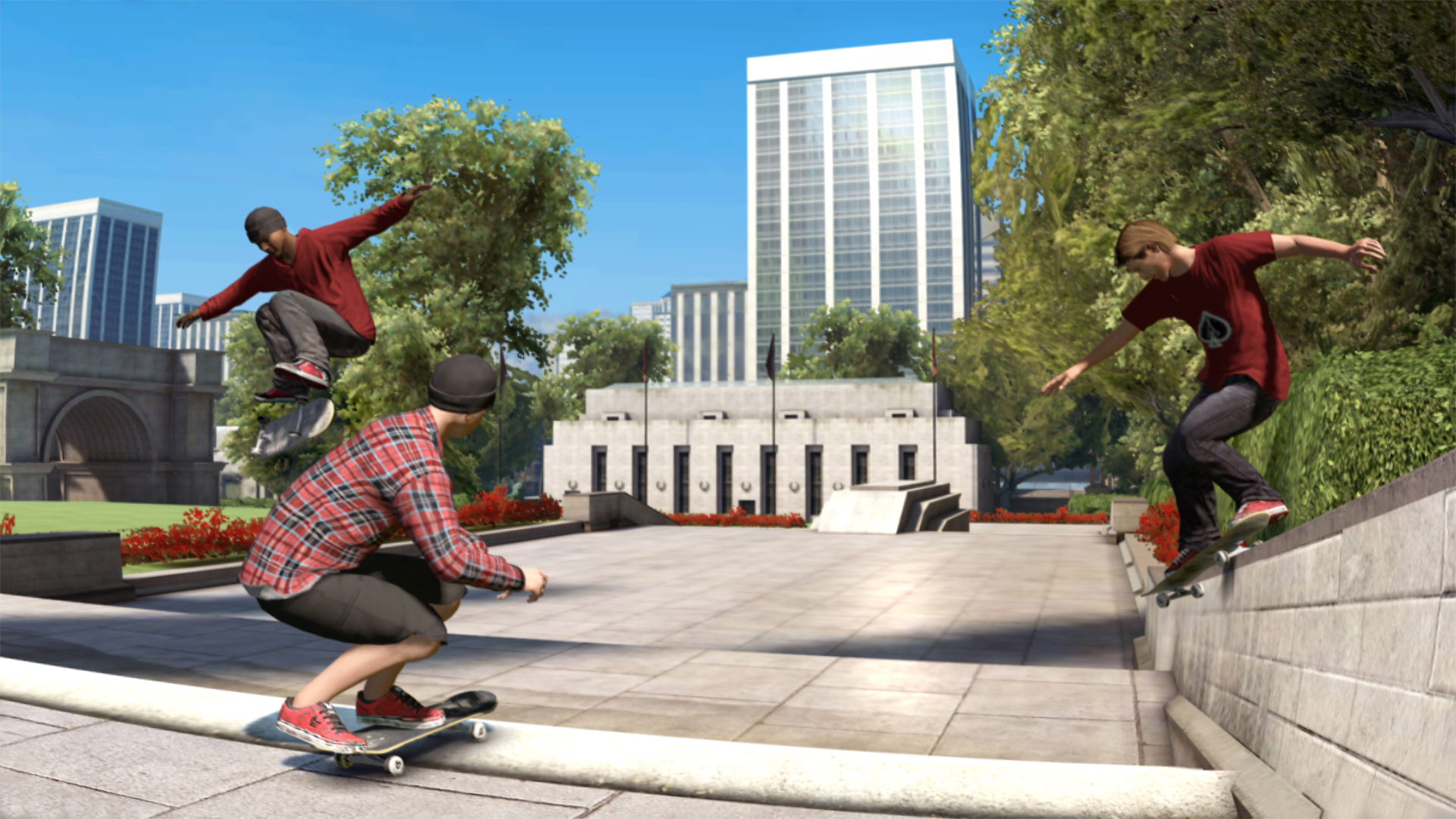
Not that I want to sit here and play at being a backseat developer or anything, but let's try to imagine how this game could take shape in a perfect world. San Vanelona should be positioned first and foremost as a social hub. EA needs to take the multiplayer experience it experimented with in Skate 3 and expand on it massively, pushing the scope out from six friends to entire communities – a playground for both cooperative and competitive play. There's a precedent set for this; it's out there in the real world.
Weekly digests, tales from the communities you love, and more
Have you ever hit a skate park? They are full of people from all walks of life hanging out, listening to music, spending a few hours sessioning one spot to try and get it right. That's an experience that translates online in a way that is easy to understand; groups of players coming together, exploring the city to find fresh rails, setting custom parameters, and taking turns to try and set new high-scores and records while shooting the shit. It's authentic, it's social, and it would be a clever extension of the core Skate experience. Combine that with something like, say, leaderboards threaded through the world via billboards in the live service – a system not dissimilar to the one you may have seen in EA's Apex Legends recently, among other games over the last decade – and suddenly you've got a world that feels connected to the player's presence.
Let's take this idea one step further. One of the most beloved systems of this current generation has been the rise of photo mode, and need I explain to you how obviously that could factor into something like Skate 4? Drop a simple video editor into the game's back-end, and suddenly you'll have groups of players forging a path forward as videographers, following the best skaters in a session and creating films filtered through a fish-eye lens. The resulting videos would be, by their very nature, shareable – purpose-built for the streaming culture that is leading so many design trends in the industry. Hell, find a way to feed curated video content through the aforementioned billboards, and suddenly we're integrating multiple layers of skating culture into one succinct live-service package.
Look to Fortnite
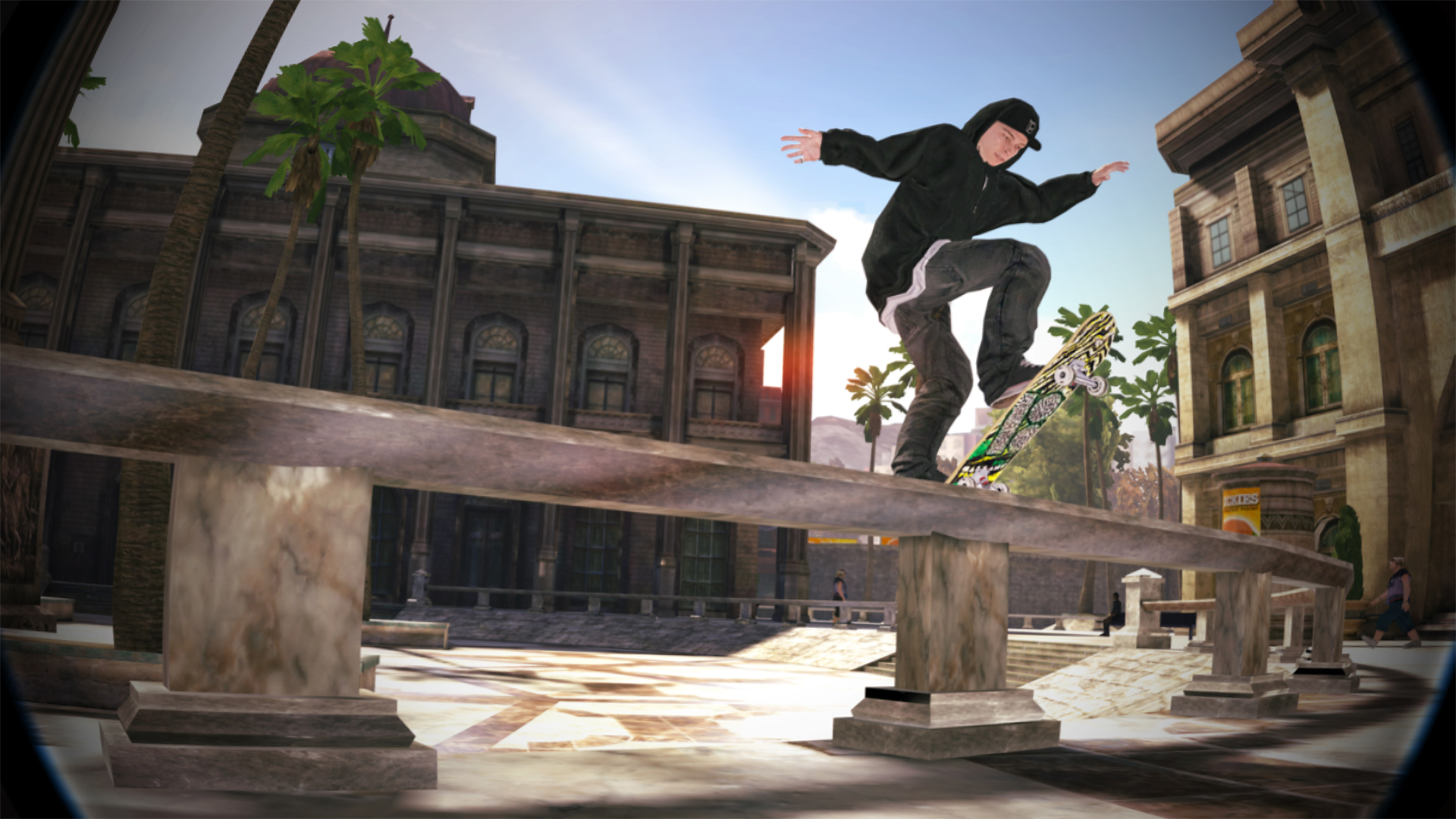
All of that is easier said than done, of course. I can't imagine the kind of nightmare something like this must be on an engineering and design level, but it's an idea. An idea is a start. For Skate to ever return, somebody internally at EA will need to have big, bold ideas. If the series isn't seen, internally, as being naturally profitable, then it will take a team thinking outside of the box to make something like this a reality.
Interestingly, EA may only need to look towards the biggest game in the West to get some sense of a proof of concept – that idea, that all-important start. Many, particularly those outside of core gaming circles, misunderstand a significant component behind Fortnite's underlying popularity. For a generation of kids and young adults, Fortnite has become a virtual 'third place' between private and public life; a space to talk, unwind, and explore new ideas. Time will bear this idea out, but right now it does indeed look like Fortnite has replaced traditional spaces to hangout, that of the skateparks, the football pitches and basketball courts that are slowly eroding, or disappearing entirely, in so many communities. For adults short on money, time and energy, it's replacing the bar crawls and coffee shop sessions. And I don't know about you, but I'd rather hang out in San Vanelona than around Tilted Towers (and, for whatever it's worth, a Wetherspoons).
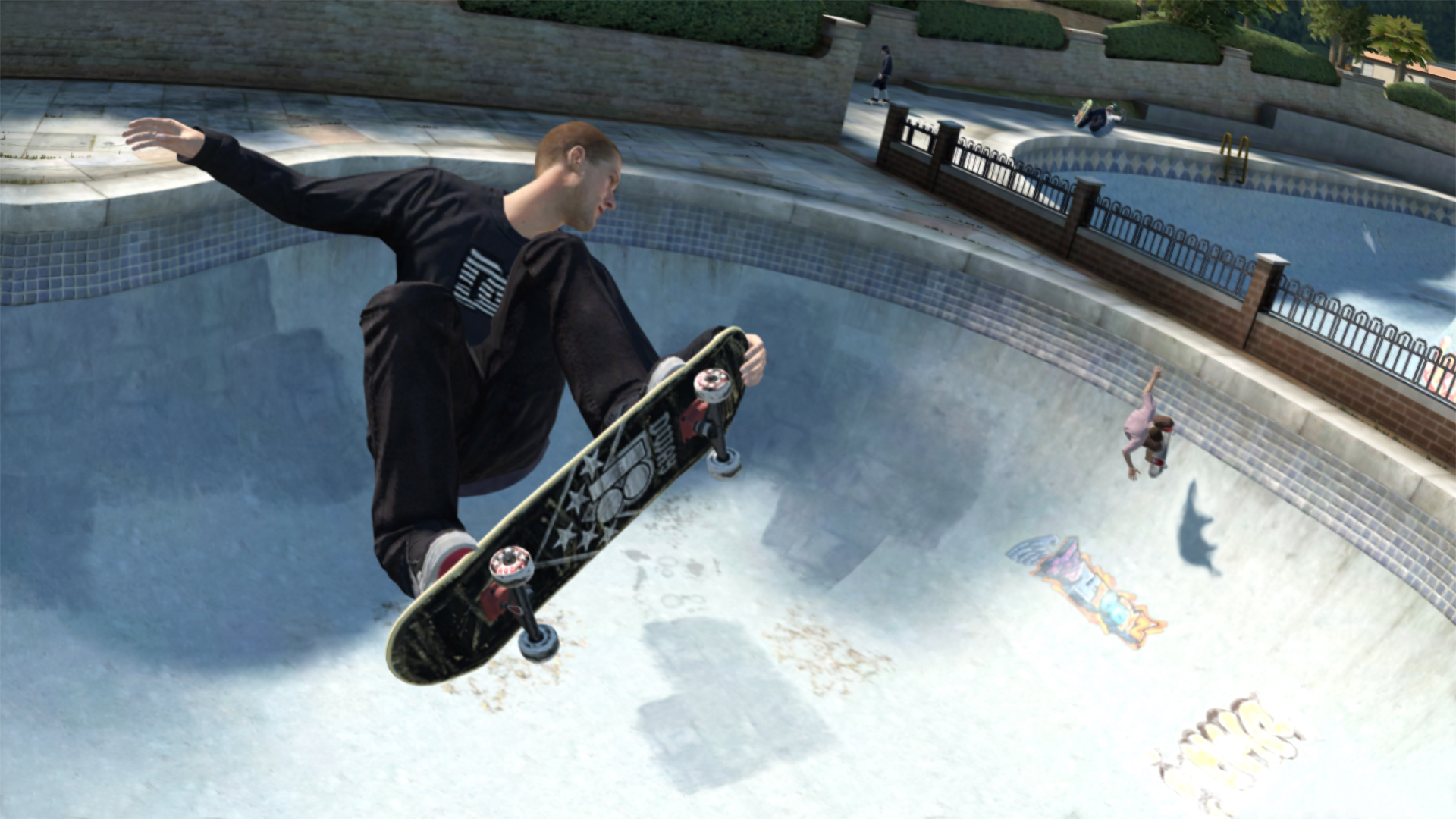
"If major publishers can find a way to monetise skins for weapons, of all things, then somebody should be able to figure out how to sell Thrasher t-shirts"
It's fun to dream, isn't it? It's difficult to see any future for Skate 4 given the current state of play around EA, but it isn't out of the realms of possibility. At this stage, we can only hope that the suits at EA – those obviously looking to the success of Fortnite and Apex Legends, wondering how it can be once again replicated – will see Skate as a viable prospect. It's a property screaming out for the Games as a Service treatment, with cosmetic microtransactions and live-service storytelling across an ever-evolving city skatepark, bringing new spots and session opportunities with every new environmental evolution.
I don't know about you, but I could easily see myself dropping cash on new clothes for my virtual skater, not to mention branded decks, decals, bearings, trucks and wheels in collaboration with some of the biggest brands out there. Honestly, it's a perfect vehicle for selling cosmetic microtransactions. If EA, Activision, Valve and every other publisher in the industry could find a way to monetise skins for weapons, of all things, then somebody should be able to figure out how to sell a god damned Thrasher t-shirt.
Where is Skate 4?

For Skate 4 to happen in 2019 and beyond, we would have to accept the reality that a self-contained campaign simply wouldn't work in today's climate. Changes would have to be made to the structure, but that doesn't mean that the core of the game wouldn't (or couldn't) be kept in-tact. Bring a few of the pioneers of the Flickit analogue controls back into the fold, take advantage of the advancements to physics systems in the last decade, and unleash the ultimate free-form street skating game.
A skating game where you are not only actively encouraged to form new unique styles and express yourself, but share that out with your friends and other like-minded players. Take the innovative array of systems and mechanics the Skate games have always been so adept at bringing to the table, but give us a way to share it all with legions of other skateboarding fans across the globe. Will Skate 4 be one of the surprise E3 2019 games? It seems unlikely, but it isn't impossible. Skate as a series has the potential to work and succeed in the industry, it will just require some fresh thinking and an open attitude towards change.

Josh West is the Editor-in-Chief of GamesRadar+. He has over 15 years experience in online and print journalism, and holds a BA (Hons) in Journalism and Feature Writing. Prior to starting his current position, Josh has served as GR+'s Features Editor and Deputy Editor of games™ magazine, and has freelanced for numerous publications including 3D Artist, Edge magazine, iCreate, Metal Hammer, Play, Retro Gamer, and SFX. Additionally, he has appeared on the BBC and ITV to provide expert comment, written for Scholastic books, edited a book for Hachette, and worked as the Assistant Producer of the Future Games Show. In his spare time, Josh likes to play bass guitar and video games. Years ago, he was in a few movies and TV shows that you've definitely seen but will never be able to spot him in.


